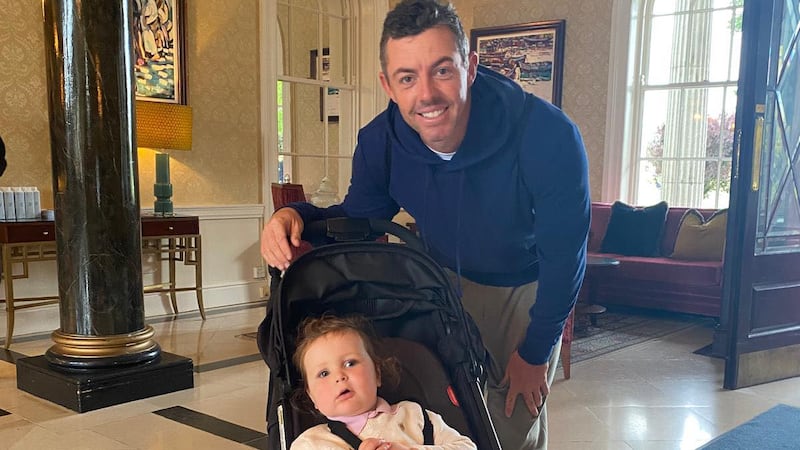The north’s children in care spent at least 63,000 nights in hotels, B&Bs or other rental properties over the past five years – with some placed in the Republic and others even staying as far as England, Scotland and Wales.
New figures have revealed that young people in the care of the Western Trust were placed in accommodation in England for 34 nights, the Republic for 11 nights, Scotland for 10 and Wales for 9.
As of March 2024, there were just under 4,000 children in the care of the north’s health and social care trusts – a figure which has grown in recent years.
Read more: Over 1,400 looked-after children reported missing since 2020
Looked after children, which are also referred to as children in care, are young people who have been provided accommodation for a continuous period of more than 24 hours.
The Department of Health (DoH) says its trusts only places children under 16 in regulated settings such as residential homes or foster care.
In a series of Freedom of Information (FOI) responses to Aontú representative Emmet Doyle, varying details of the types of accommodation children in care over 16 were placed, how long they were placed and how much was spent over the past five years were provided.
Responses from the Western, South Eastern and Belfast trusts show that children in care and accompanying staff spent at least 63,000 nights in hotels, B&Bs or rental properties over the past five years, with total figures likely to be even higher when taking into account the remaining two trusts.
One accommodation provider within the South Eastern Trust was used for just under 40,000 nights between 2020 and mid-2025.
The Western Trust said it had used AirBnB accommodation for 94 nights, meanwhile the South Eastern Trust disclosed that accommodation in London was required for one night to ensure the safety of an unaccompanied asylum seeking child who absconded to London.
In the Belfast Trust, private rentals were used for 12,800 nights, hotels for 302 nights and one person was placed in a B&B for 46 nights.
Total spend across the Western, Southern and South Eastern trusts was over £1.4m, with just over £1m of this figure from the Western Trust alone.
The Northern Trust only revealed that it used accommodation within its area.
Mr Doyle raised concerns about “the safeguarding mechanisms in place for these young people in being moved from pillar to post, especially given that many of them will have been removed from their parents due to serious issues”.
“How can it be good for a child to be accommodated in hotels with what I can only assume was a social worker either sleeping in the same room or nearby?
 The Department of Health said that it only places children under 16 in “regulated settings such as residential homes or foster care” PICTURE: GETTY IMAGES
The Department of Health said that it only places children under 16 in “regulated settings such as residential homes or foster care” PICTURE: GETTY IMAGES
“Furthermore, how can the Western Trust justify a child being required to travel to Wales for a bed?” he said.
He added that the Western Trust’s higher spend than other areas raised questions but noted that “specific accommodation for children being cared for by health trusts is severely lacking” across the north.
“In some instances, throwing money at the problem has been the repeated response, despite the pressure the healthcare system is under,” he said.
A spokesperson for the Western Trust said that they had “robust safeguarding plans in place” with “strong systems of oversight” and that the young people’s “safety and wellbeing” remained their “absolute priority”.
The South Eastern Trust said that it was “committed to the care and support of these vulnerable young people”, which in some cases includes young unaccompanied asylum seeking children.
A DoH spokesperson said that the rising number of looked after children over the past decade and the “complexity of need” was putting pressure on all trusts.
They added that there are “robust governance and oversight arrangements” and that hotels and similar accommodation was only used for those aged 16 and 17 “when no other accommodation is available and for as short a time as possible”.
They added that a specific workstream within the cross-departmental children’s social care reform programme was “focussed on ensuring that there is sufficient accommodation available to meet the needs of all children in care”.


